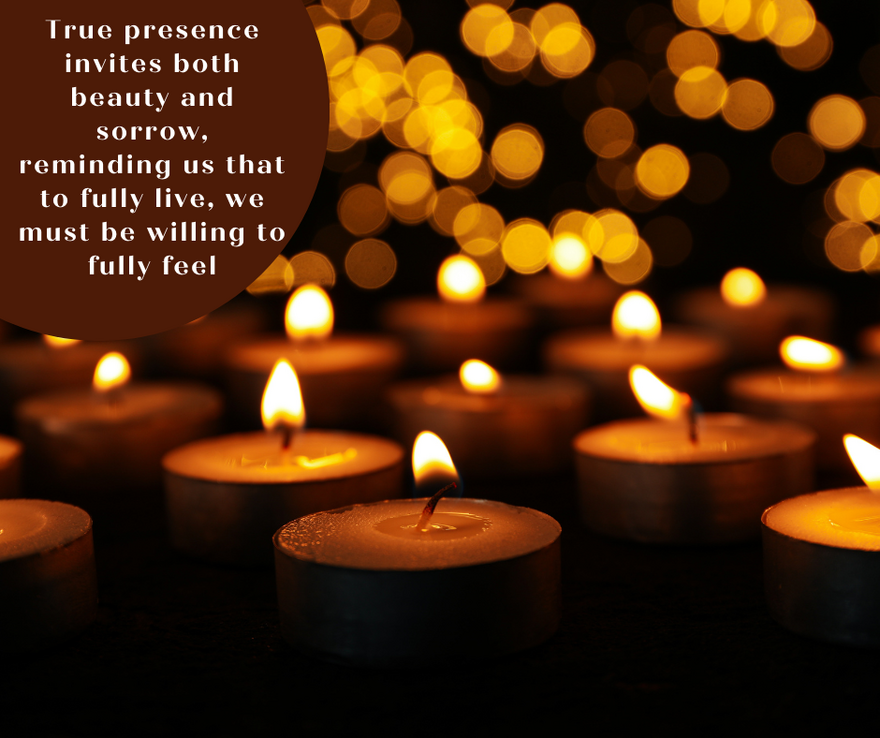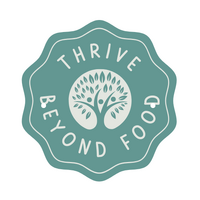
There is a certain ache that comes with truly seeing the world around us. Beauty and sorrow often walk hand in hand, shaping the fullness of our human experience. When we slow down and really take things in—whether it’s the glow of the setting sun or the lines etched into a loved one’s face—we experience both deep appreciation and quiet sadness. Nothing stays the same. Everything shifts, fades, and transforms. Yet, in that awareness, we discover a richness that makes life feel more real, more precious.
For those in recovery from processed food addiction, this ability to fully engage with life can feel foreign, even unsettling. Many of us have spent years numbing difficult emotions, turning to external distractions as a way to escape discomfort. Research shows that ultra-processed foods activate the brain’s reward system in a way similar to addictive substances, such as nicotine and opioids, leading to compulsive behaviors and emotional suppression (Gearhardt et al., 2011). In the pursuit of comfort, we inadvertently dull not only the pain but also the vibrant moments of joy and connection.
Recovery is about reclaiming presence. Neuroscience supports the idea that mindfulness—being fully engaged in the moment without judgment—can rewire the brain, improving emotional regulation and reducing cravings (Tang, Hölzel, & Posner, 2015). By choosing to stay present, we strengthen neural pathways associated with resilience and self-awareness. This means allowing space for the full spectrum of emotions—the sweetness and the sorrow, the beauty and the impermanence.
It’s not always easy. Sitting with discomfort can feel overwhelming, especially when we’ve spent years avoiding it. But in choosing to be present, we cultivate a deeper connection to ourselves and the world around us. We don’t have to chase joy or resist sadness. Every emotion has its place, serving as a guide rather than a threat. As Dr. Joan Ifland, a leading expert in processed food addiction, explains, "Recovery is not just about eliminating harmful foods—it’s about rebuilding our ability to experience life fully, without the crutch of addiction."
As we walk this healing journey together, let’s give ourselves permission to feel. There is courage in staying present, and in that presence, we find the depth and meaning that make life worth living.
References
-
Gearhardt, A. N., Yokum, S., Orr, P. T., Stice, E., Corbin, W. R., & Brownell, K. D. (2011). Neural correlates of food addiction. Archives of General Psychiatry, 68(8), 808–816.
-
Tang, Y.-Y., Hölzel, B. K., & Posner, M. I. (2015). The neuroscience of mindfulness meditation. Nature Reviews Neuroscience, 16(4), 213–225.

Comments